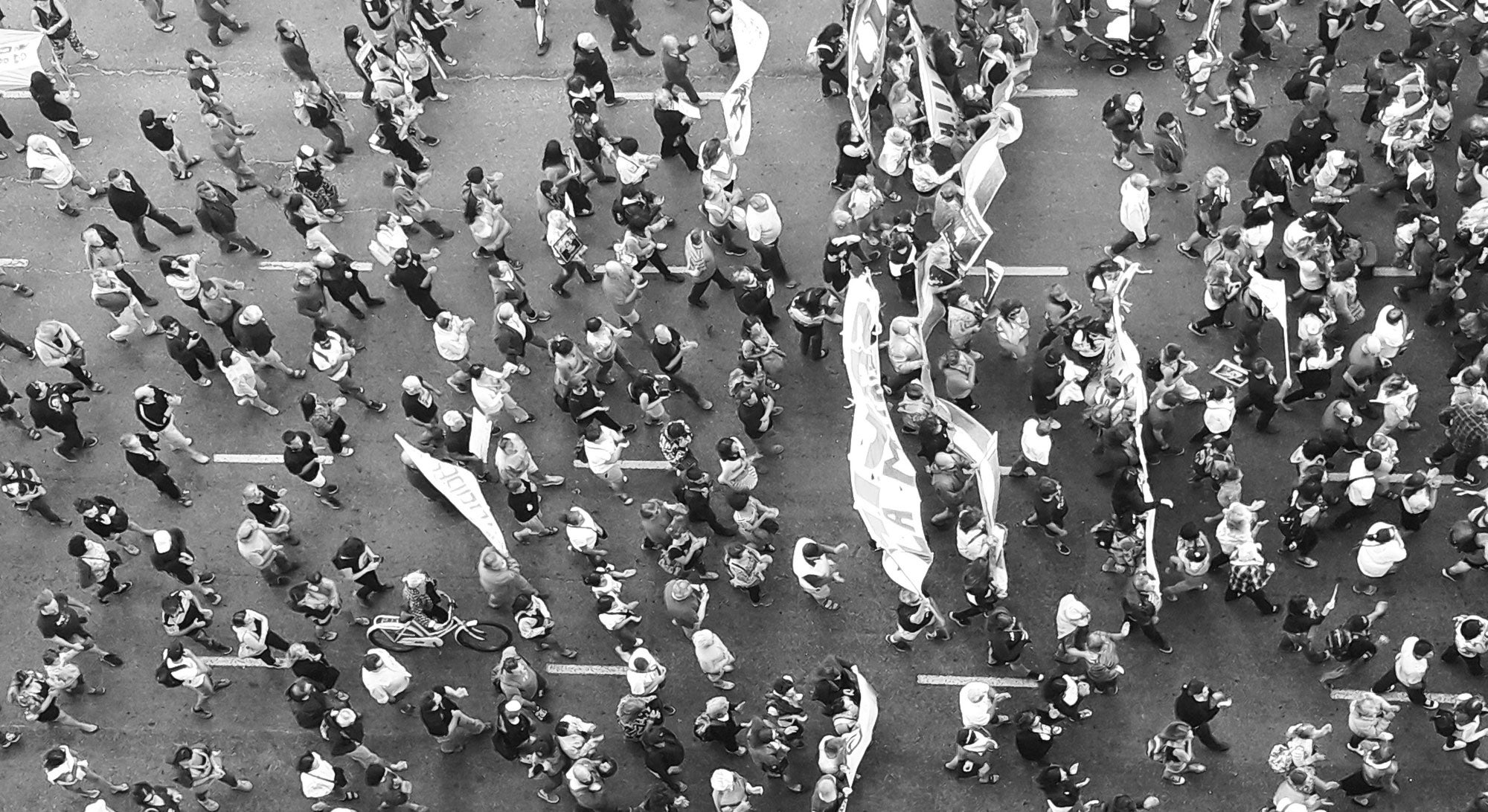José Ignacio Cabezón, an internationally recognized scholar of Tibetan religion and culture, has accepted an offer to become the first professor to hold the XIV Dalai Lama Chair in Tibetan Buddhism and Cultural Studies at the University of California, Santa Barbara.
Cabezón, who holds a Ph.D. in Buddhist studies from the University of Wisconsin, comes to UCSB from Iliff School of Theology in Denver, Colo., where he was a professor of the philosophy of religion and taught courses in world religions, Buddhist philosophy, and comparative philosophy.
Wade Clark Roof, who chairs the Department of Religious Studies at UCSB, said Cabezón brings impressive credentials in three areas.
"He has a broad knowledge of Tibetan religions and culture, he is well-grounded in theories of comparative religion and philosophy, and he has diverse methodological skills," Roof said.
Cabezón is the son of Cuban immigrants who brought him to the United States when he was four; he grew up in the Cuban-American community in Boston.
After high school, he left Massachusetts for California, and was three years into earning a bachelor's degree in physics at the California Institute of Technology when a friend loaned him a book on Tibetan Buddhism.
It changed his life.
"I spent the first half of my senior year at the University of Wisconsin-Madison studying Tibetan language and Buddhist philosophy," Cabezón said, "and the second half in Dharamsala, India, studying at the Library of Tibetan Works and Archives.
"That's when I realized that this is what I really wanted to do."
Later, as a graduate student at the University of Wisconsin, Cabezón lived for six years with Tibetan refugees in India, studying at the Sera Je Monastic University.
While there he several times was asked to travel and translate -- from Tibetan to Spanish and to English -- for the Dalai Lama.
In addition to his close-to-native fluency in Tibetan, Cabezón has varying degrees of fluency in Sanskrit, Pali, Japanese, Hindi, Latin, French, and German.
He has been on the faculty at Iliff School of Theology since 1989.
Part of Cabezón's mandate at UCSB will be to develop undergraduate and graduate programs in Tibetan religion and culture that will include the teaching of the Tibetan language.
He is also expected to organize cultural events -- concerts, films, speakers, conferences -- for the larger Santa Barbara community.
David Marshall, UCSB's dean of humanities and fine arts, said Cabezón's impressive resume also includes Humboldt, Fulbright, Rockefeller and National Endowment for the Humanities fellowships.
"After a rigorous, international search, Professor Cabezón was identified as one of the most outstanding scholars of Buddhism in the world today," Marshall said.
"His solid grounding in Tibetan culture and his reputation for innovative approaches to the study of religion will make a vital contribution to our top-ranked Department of Religious Studies."
Cabezón said UCSB is well-known for the strength of its Department of Religious Studies and said he is eager to join its faculty.
"I am excited about moving to Santa Barbara and being in an intellectual setting where I can have both more specialized conversation with colleagues who have specialties close to my own but also much broader conversations with people in other disciplines than my own," he said.
The Dalai Lama chair is supported by funds raised in a nationwide drive several years ago.



